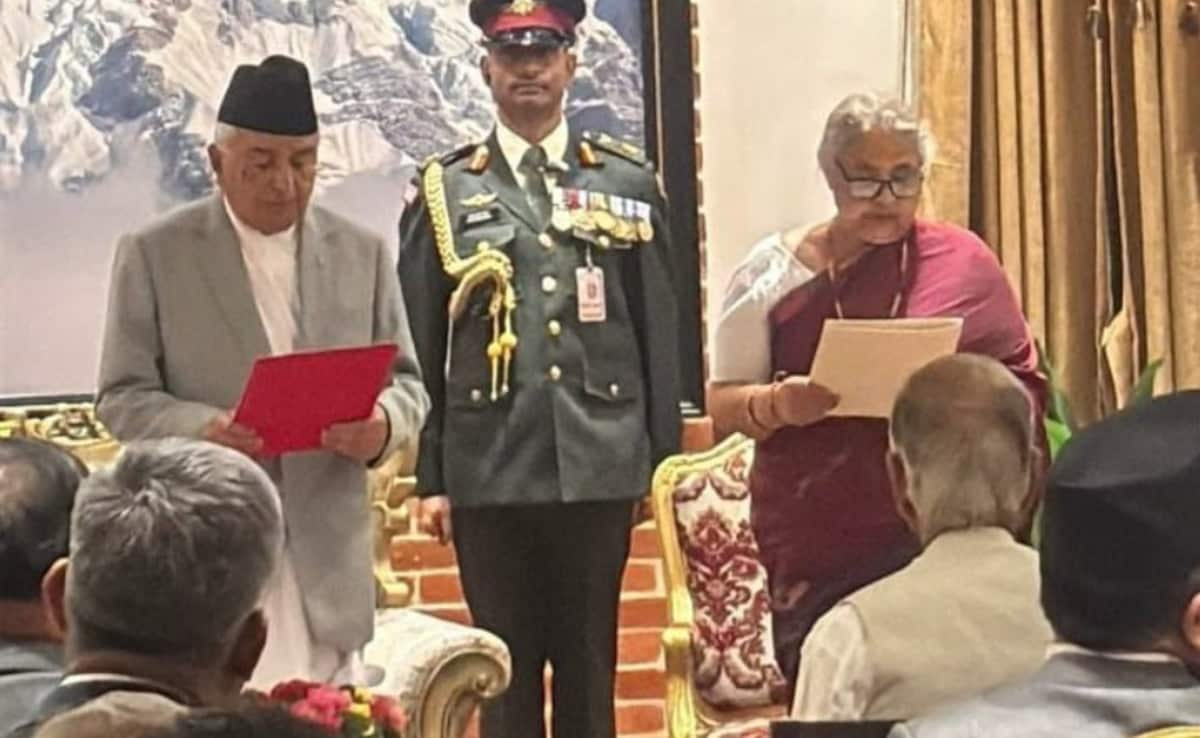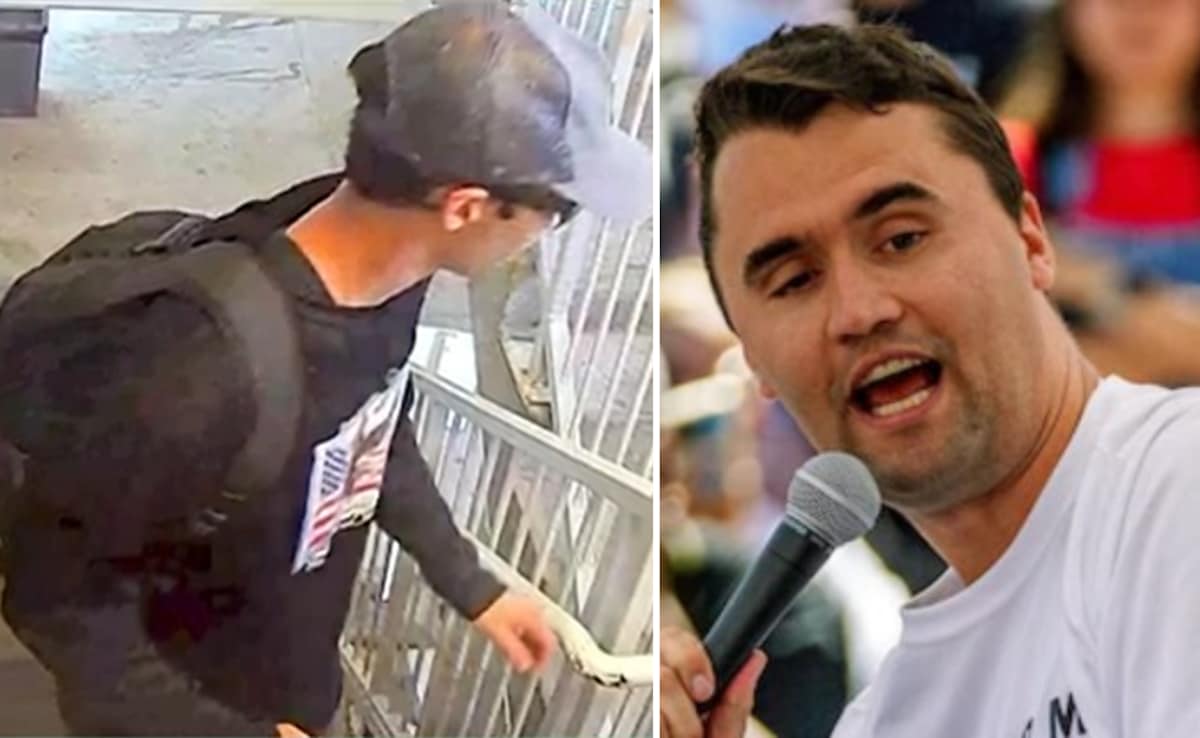Police suggested a years-long land dispute between Ou and the neighbors was the motive for the slayings. But media reporting and a search of Ou’s past social media posts offered a slightly different narrative, one in which the 55-year-old fisherman lived in a run-down shack after he apparently failed to get help from local authorities in resolving the conflict.
Ou’s situation drew widespread sympathy, with many seeing him as having suffered from local government neglect until he was seemingly pushed over the edge. Others used his case to criticize the treatment of underprivileged Chinese, particularly in rural areas, by authorities and a lack of transparency in the country.
The Washington Post could not identify an attorney for Ou.
About 40 percent of China’s 1.4 billion people still live in the countryside, where owning a multigenerational family home is a widespread aspiration. But rural residents face many challenges and reports of houses being forcefully demolished to make way for private developments or government-sponsored projects are not unusual. The residents often receive scant compensation.
Even when given permission and resources to build a home, there is often much wrangling over the precise boundaries of land parcels, since many land transactions are not enshrined in written contracts.
Earlier this year, Ou wrote on Weibo, a microblogging service similar to Twitter, that he had pleaded with a local official for help breaking ground on a new home. He said that he had received permission to tear down a dilapidated structure in 2017, but a dispute with neighbors had stalled the project.
“Repeated requests for help from various government agencies produced nothing,” he reportedly wrote in a post, which has since been deleted from the platform. “Leaders definitely do not wish to see the lives of vulnerable villagers devastated.”
Ou’s account found resonance with many Chinese Internet users. “His entire life is an indictment of government corruption and legal injustice,” one Weibo user commented. “We cannot forgive or forget the tens of thousands of Ou Jinzhongs in the lower rungs of our society. Who’s to promise there won’t be a second Ou Jinzhong holding a knife? Who cared about them?”
“You thought we were Meng Wanzhou,” another user wrote, referring to the Huawei executive who was given a hero’s welcome when she returned to China after acknowledging that she had helped conceal company dealings in Iran. “But in reality we are Ou Jinzhong.”
Sympathy for Ou grew further after an Internet user said that the fisherman had saved him from drowning 30 years ago. The man, now in his 30s, said that he was “heartbroken and sad” when he heard Ou was wanted in connection to the slayings.
Chinese authorities moved to tamper down some of the support Ou received. “It’s understandable for people to sympathize with ‘the bullied,’ but that sympathy cannot become an endorsement for violence,” wrote Chinese state broadcaster CCTV in a commentary.
But debate over Ou’s case didn’t end with his death. Those distrustful of local authorities’s account of his death are calling for police to release video footage of the encounter.
.png)











 English (United States) ·
English (United States) ·  Turkish (Turkey) ·
Turkish (Turkey) ·